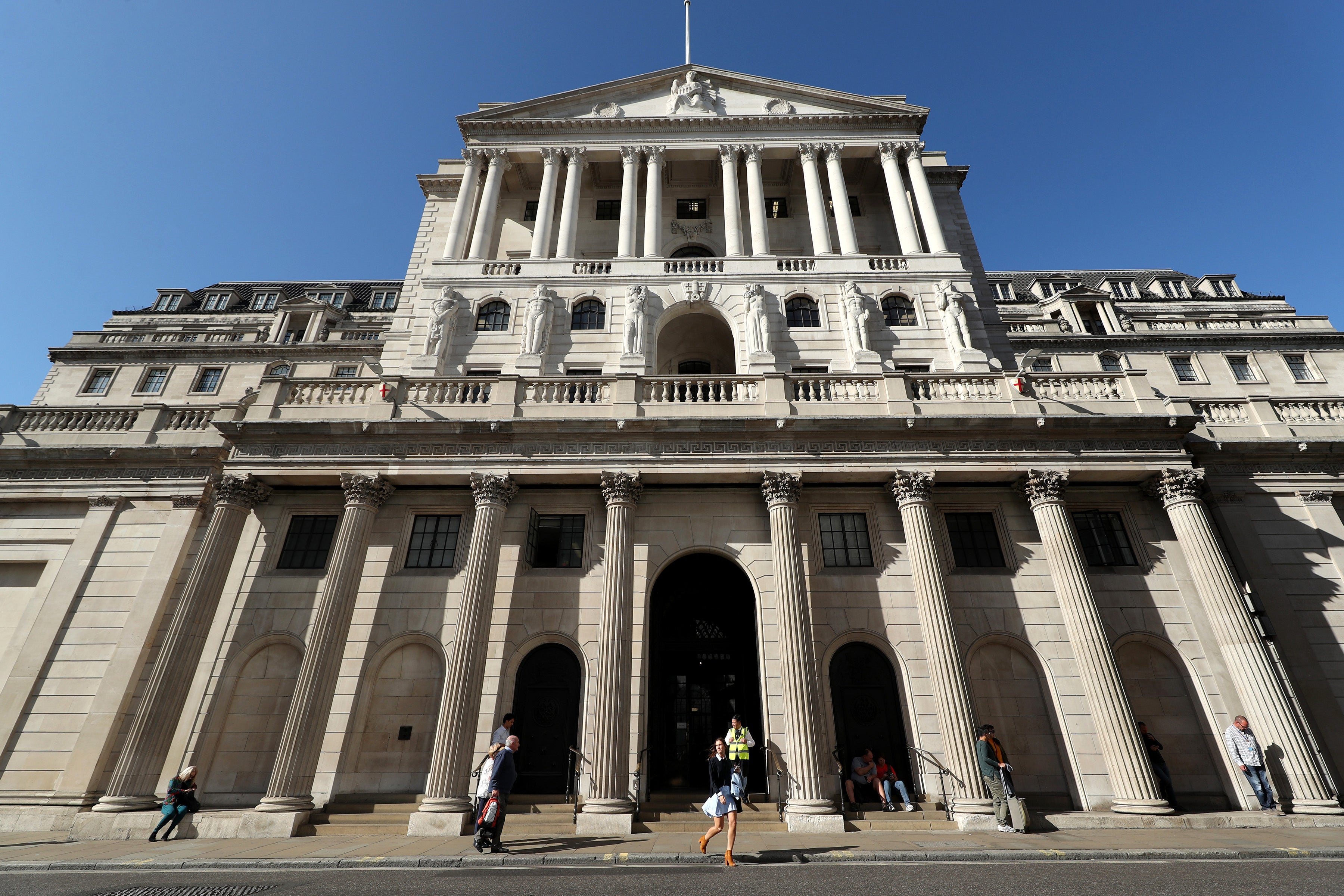International economics expert named as incoming Bank rate-setter
Swati Dhingra will join the Bank’s nine-strong Monetary Policy Committee in August, replacing current external member Michael Saunders.

Your support helps us to tell the story
From reproductive rights to climate change to Big Tech, The Independent is on the ground when the story is developing. Whether it's investigating the financials of Elon Musk's pro-Trump PAC or producing our latest documentary, 'The A Word', which shines a light on the American women fighting for reproductive rights, we know how important it is to parse out the facts from the messaging.
At such a critical moment in US history, we need reporters on the ground. Your donation allows us to keep sending journalists to speak to both sides of the story.
The Independent is trusted by Americans across the entire political spectrum. And unlike many other quality news outlets, we choose not to lock Americans out of our reporting and analysis with paywalls. We believe quality journalism should be available to everyone, paid for by those who can afford it.
Your support makes all the difference.International economics expert Swati Dhingra has been appointed to the Bank of England’s interest rate-setting committee, as it faces a tough balancing act amid soaring inflation and the threat of recession.
The Treasury announced that Ms Dhingra will join the Bank’s nine-strong Monetary Policy Committee in August, replacing current external member Michael Saunders, who leaves after a six-year stint.
Ms Dhingra is an associate professor of economics at the London School of Economics, specialising in international economics and applied microeconomics.
She will take the number of women sitting on the committee to three, joining Catherine Mann and Silvana Tenreyro.
The work of the Committee is of great importance as the UK faces an exceptional cost-of-living crisis amid the global challenges of the pandemic and the war
Chancellor Rishi Sunak said: “Dr Swati Dhingra’s experience in international economics will bring valuable new expertise to the MPC.
“I would also like to thank Michael Saunders for all his work since he joined the Bank of England, and wish him the best in the next stage of his career.”
Bank governor Andrew Bailey said Ms Dhingra’s “insights and perspective will be hugely beneficial to all of our discussions and we will benefit from her extensive research in international economics”.
She joins as the Bank faces a difficult dilemma, with the need to bring inflation under control by raising interest rates but without sending the economy into a full-blown recession as the cost-of-living crisis already weighs on growth.
Mr Bailey said recently the Bank was “walking a very tight line” between tackling inflation and avoiding a recession.
Official figures on Thursday showed the economy contracted unexpectedly in March, shrinking by 0.1%, with overall growth in the first quarter at its weakest level for a year, at 0.8%.
The Bank of England raised interest rates to a 13-year high of 1% last week as it warned inflation is set to peak at over 10% and predicted the economy will go into reverse at the end of 2022 and in 2023 as a whole.
While it said the UK is set to avoid a technical recession – defined as two quarters in a row of falling GDP – Mr Bailey said quarterly growth will be “very weak”, while some experts fear a recession is inevitable.
Ms Dhingra said: “The work of the Committee is of great importance as the UK faces an exceptional cost-of-living crisis amid the global challenges of the pandemic and the war.
“It will be an honour to learn from the bank’s vast expertise and regional visits, ‘to listen and to explain’, and to bring evidence to bear on the crucial policy decisions of the Committee.”
Mr Saunders will head for the exit after the August rates decision.
He was one of three MPC members who were out-voted in calling for a bigger hike in rates to 1.25% last Thursday, and warned in a speech on Monday that by not taking more aggressive action now, the Bank may need to hike further to calm inflation, “and result in an even worse outcome for real incomes and living standards”.